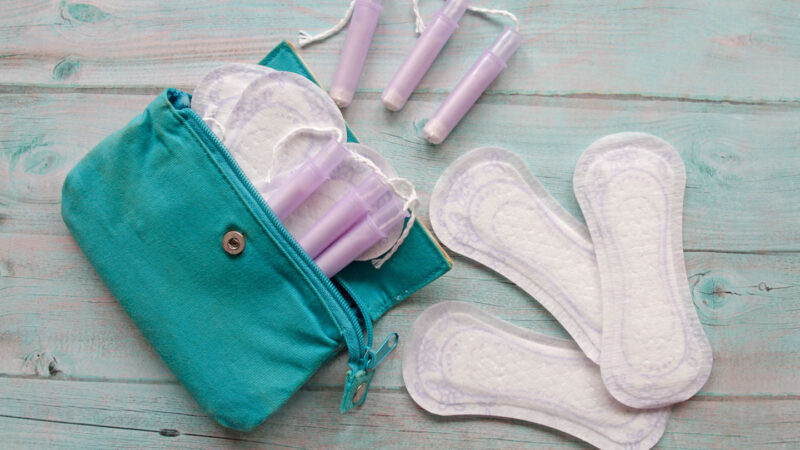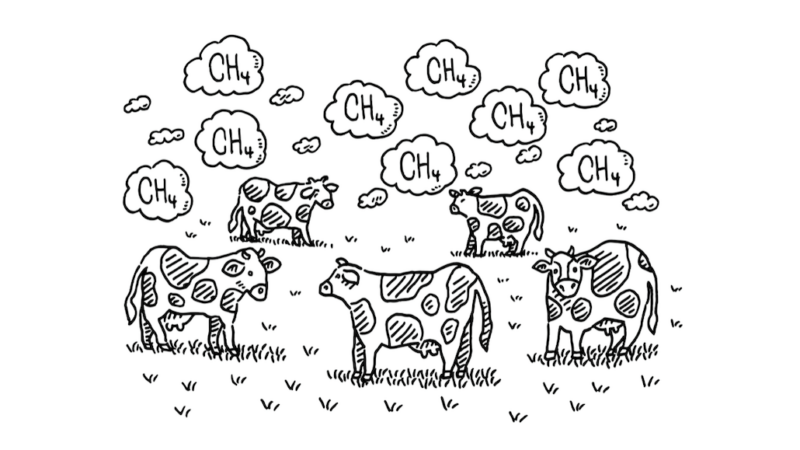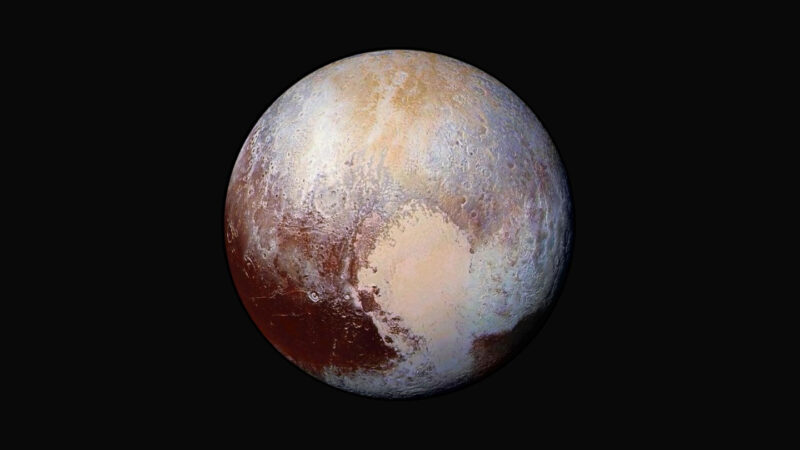Menstruation (noun, “Men-stroo-AY-shun”)
Menstruation is the normal release of blood and tissue from a person’s uterus through their vagina. It is part of a natural, roughly monthly cycle for people with uteruses. This process of shedding uterine tissue is also known as getting your period.
Most people who have uteruses identify as girls or women. But transgender boys and men, as well as nonbinary people with uteruses, can also get periods.
People start getting their periods during puberty. Many begin menstruating between ages 11 and 14. But some start earlier or later. People often stop getting their period around age 50.
People with uteruses menstruate each cycle as a result of their bodies preparing for the possibility of getting pregnant. As part of that process, the lining of the uterus thickens. That way, if one of the person’s eggs gets fertilized, it has a cozy place to settle in the uterus. There, it can grow into a fetus throughout pregnancy.
If someone does not get pregnant during a certain cycle, their uterus does not need such a thick lining. The lining breaks down and leaves the body through the vagina. This is menstruation. The shed material is known as period blood.
During a person’s period, they may bleed for three to seven days. Some people use pads or tampons to collect and dispose of period blood. Others use different menstrual products.
Menstruation can come with a host of side effects. Some people get cramps or back pain during their periods. Others feel bloated or tired. They might even get food cravings or experience mood swings. Such side effects are normal.
But more severe symptoms may signal health issues. Someone may need to talk to their healthcare provider if their cycle lasts less than 21 or more than 35 days. They may also need medical attention if they bleed longer than seven days. Or if they bleed a lot more or less than usual. Severe cramps, vomiting or bleeding between periods may also be signs that a person needs medical help.
In a sentence
Although billions of people around the world experience menstruation, many do not have access to products for collecting period blood.





